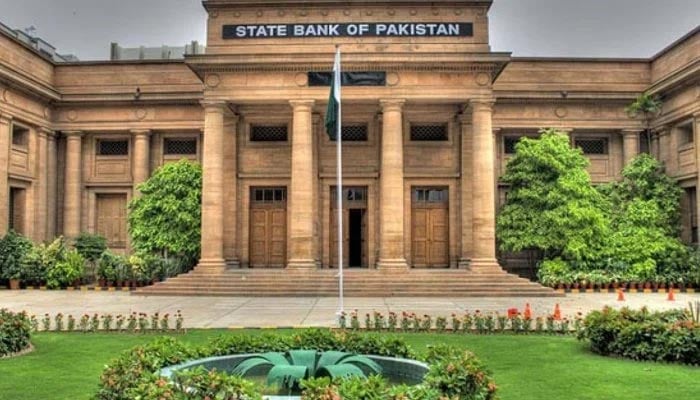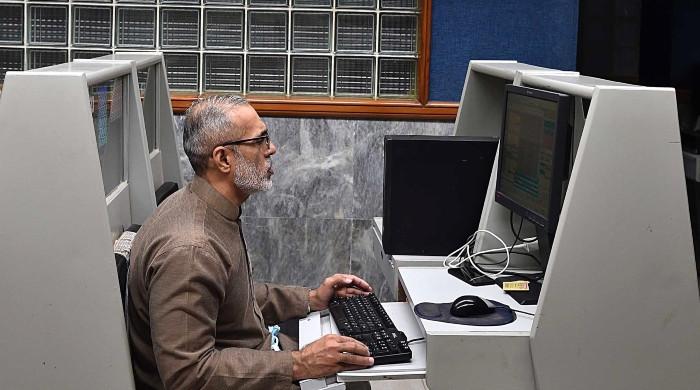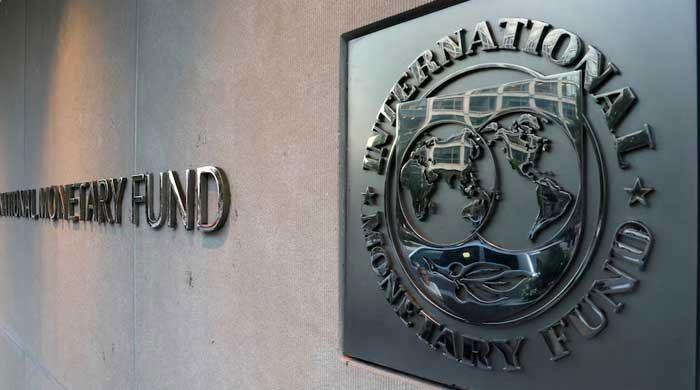SBP modifies foreign exchange regime
Central bank advises all exchange firms to conduct transactions of $2,000 or above only via bank transfers, cheques
September 24, 2022

- Move aims to promote documentation in forex transactions, encourage public to use banking channels.
- Advises all exchange firms to conduct transactions of $2,000 or above only via bank transfers, cheques.
- All foreign currency sale transactions of $2,000 or above shall be conducted by exchange firms of 'B' Category.
KARACHI: The State Bank of Pakistan (SBP) has advised exchange companies that all foreign currency sale transactions of $2,000 or above (equivalent in other currencies) against the rupee should only be conducted through certain payment modes, such as bank transfers, cheques from the personal bank account of the customer.
The central bank, in a brief statement issued in this regard, noted that the directions have been issued in order to further enhance transparency and promote documentation in foreign exchange transactions.
“This step is also focused on encouraging the general public to use various banking channels, which are generally more secure, to fulfil their genuine foreign exchange needs,” it read.
The exchange firms were further directed that the transaction, instrument reference number and the name of the bank transferring funds, and issuing the instrument shall be mentioned on the transaction receipt along with the identification document number of the customer.
Moreover, all foreign currency sale transactions of $2,000 or above (or equivalent in other currencies) against the rupee shall be conducted by the exchange companies of the 'B' Category through bank transfer, or cheque from the personal account of the customer.
The SBP warned all exchange companies that fail to comply with these instructions shall attract regulatory action under the relevant provisions of the Foreign Exchange Regulation Act, 1947.











